Balkans "no longer hotbed of crime"
The Balkans, once known as a hotbed of crime and violence, has become one of the safest areas in Europe, a United Nations report said Thursday.
Friday, 30.05.2008.
15:37

The Balkans, once known as a hotbed of crime and violence, has become one of the safest areas in Europe, a United Nations report said Thursday. But organized crime and its links to politicians and business continue to pose serious challenges in several Balkan countries, said Antonio Maria Costa, executive director of the UN Office on Drugs and Crime, which compiled the report. Balkans "no longer hotbed of crime" "Some of you will be surprised," Costa said at a news conference in Brussels. "In general if you look at conventional crime," he said, "the levels of these crimes across the region are by far lower than they used to be, particularly at the beginning of the 1990s." The survey, "Crime and Its Impact on the Balkans," covers nine countries: Albania, Bosnia, Croatia, Macedonia, Moldova, Bulgaria, Romania, Montenegro and Serbia. It concludes that the levels of crime against people and property - like homicide, robbery, rape, burglary and assault - are now lower in the Balkans than in Western Europe. "Surprising as it may be, the Balkan region is one of the safest in Europe," the report concludes. "The Balkans is departing from an era when demagogues, secret police and thugs profited from sanctions-busting and the smuggling of people, arms, cigarettes and drugs," the report says. But a recent report by Human Rights Watch said Kosovo in particular faced several challenges, including inadequate police support for investigative prosecutors and an insufficient witness-protection program in cases involving organized crime, war crimes and attacks on minorities. Human trafficking also remains a serious concern, legal experts in Kosovo said. The report says the trend of reduced crime would probably continue, "since the region lacks the usual vulnerabilities that lead to crime elsewhere in the world: mass poverty, income inequality, runaway urbanization and large-scale youth unemployment." Organized crime is also receding as a major threat, it adds. The smuggling of drugs, guns and humans through the region is on the decline, although the Balkans remain the premier transit zone for heroin destined for Western Europe, with about 100 tons estimated to pass through the region each year, Costa said. About 80 tons of the heroin smuggled from the Middle and Far East is believed to reach West European markets, the report says, adding that "this flow of contraband is worth more than the national economic outputs of several countries of the region." Albania has the worst crime problem in the region and remains the "soft underbelly" of the Balkans for organized crime, Costa said. "What we see as the big problem in Albania is in a certain sense corruption," he said, and "a benign eye in turn toward organized crime." The UN report calls for governments to end links between business, crime gangs and politicians. "Profiteers of the past are trying to launder their reputations and money through business and politics," Costa said. "Future crime trends in the Balkans will depend on the rule of law, integrity in governance and political ability." "Politics and business need to be better insulated from the corrosive influence of crime," Costa said, "especially economic crime." The report says that "on average, Southeast Europeans are more likely to face demands for bribes than people in other regions of the world." "Open societies, open markets and open borders are the best way to fight crime in the Balkans," Costa said. He urged countries of the region to strengthen the rule of law, and called on the international community, particularly the European Union, to provide the support needed to further reduce vulnerability to crime and instability in the region.
Balkans "no longer hotbed of crime"
"Some of you will be surprised," Costa said at a news conference in Brussels. "In general if you look at conventional crime," he said, "the levels of these crimes across the region are by far lower than they used to be, particularly at the beginning of the 1990s."The survey, "Crime and Its Impact on the Balkans," covers nine countries: Albania, Bosnia, Croatia, Macedonia, Moldova, Bulgaria, Romania, Montenegro and Serbia.
It concludes that the levels of crime against people and property - like homicide, robbery, rape, burglary and assault - are now lower in the Balkans than in Western Europe.
"Surprising as it may be, the Balkan region is one of the safest in Europe," the report concludes.
"The Balkans is departing from an era when demagogues, secret police and thugs profited from sanctions-busting and the smuggling of people, arms, cigarettes and drugs," the report says.
But a recent report by Human Rights Watch said Kosovo in particular faced several challenges, including inadequate police support for investigative prosecutors and an insufficient witness-protection program in cases involving organized crime, war crimes and attacks on minorities.
Human trafficking also remains a serious concern, legal experts in Kosovo said.
The report says the trend of reduced crime would probably continue, "since the region lacks the usual vulnerabilities that lead to crime elsewhere in the world: mass poverty, income inequality, runaway urbanization and large-scale youth unemployment."
Organized crime is also receding as a major threat, it adds.
The smuggling of drugs, guns and humans through the region is on the decline, although the Balkans remain the premier transit zone for heroin destined for Western Europe, with about 100 tons estimated to pass through the region each year, Costa said.
About 80 tons of the heroin smuggled from the Middle and Far East is believed to reach West European markets, the report says, adding that "this flow of contraband is worth more than the national economic outputs of several countries of the region."
Albania has the worst crime problem in the region and remains the "soft underbelly" of the Balkans for organized crime, Costa said.
"What we see as the big problem in Albania is in a certain sense corruption," he said, and "a benign eye in turn toward organized crime."
The UN report calls for governments to end links between business, crime gangs and politicians.
"Profiteers of the past are trying to launder their reputations and money through business and politics," Costa said. "Future crime trends in the Balkans will depend on the rule of law, integrity in governance and political ability."
"Politics and business need to be better insulated from the corrosive influence of crime," Costa said, "especially economic crime."
The report says that "on average, Southeast Europeans are more likely to face demands for bribes than people in other regions of the world."
"Open societies, open markets and open borders are the best way to fight crime in the Balkans," Costa said.
He urged countries of the region to strengthen the rule of law, and called on the international community, particularly the European Union, to provide the support needed to further reduce vulnerability to crime and instability in the region.






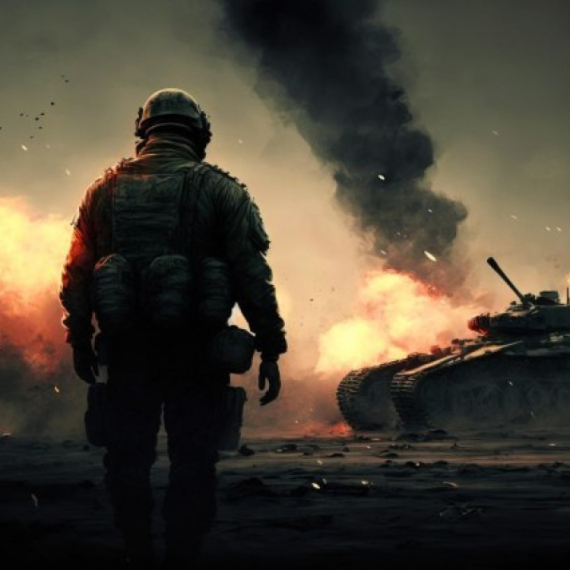



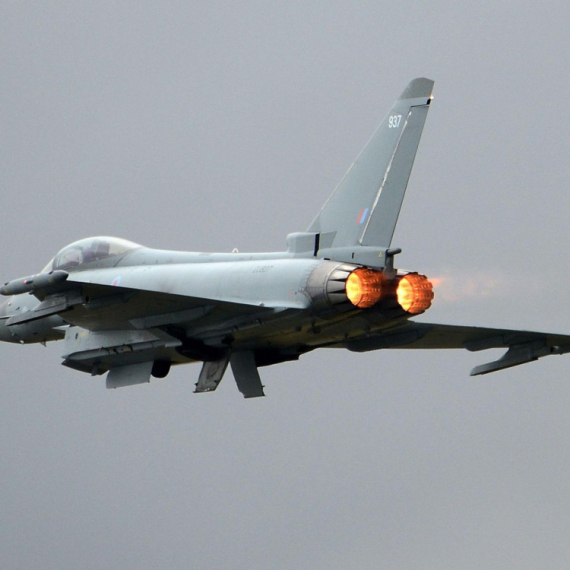
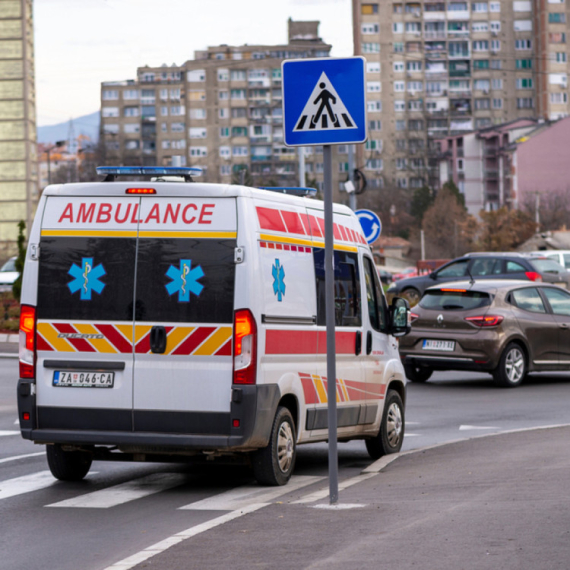

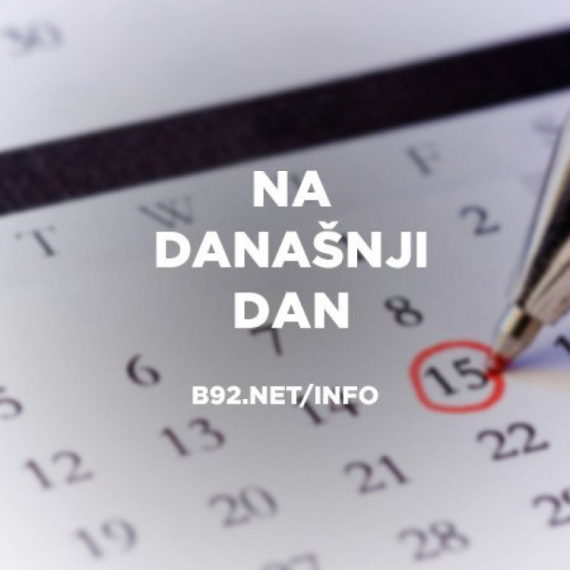
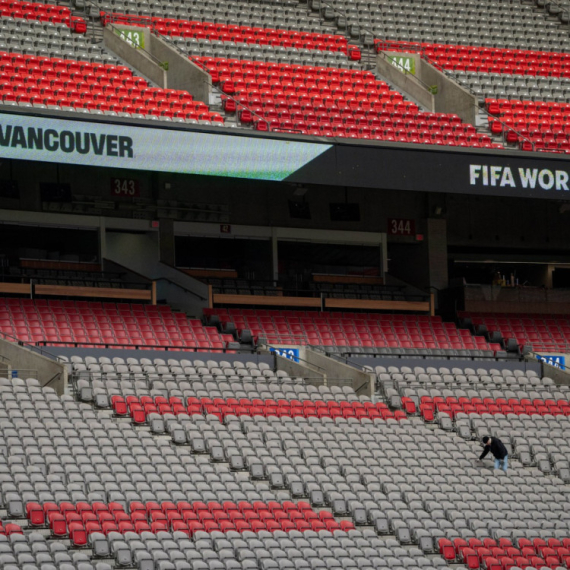
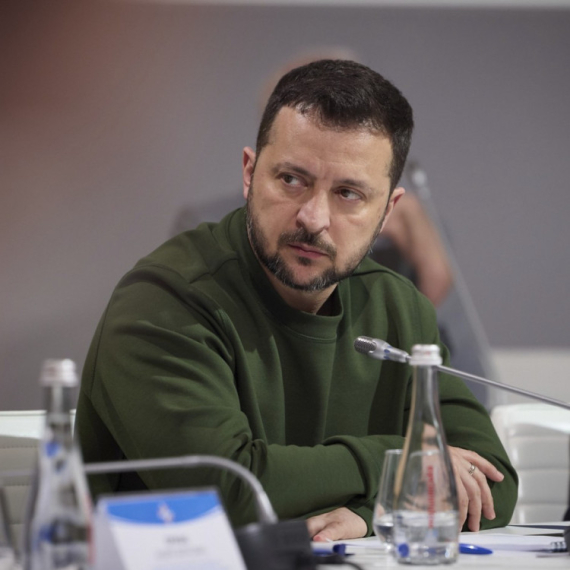






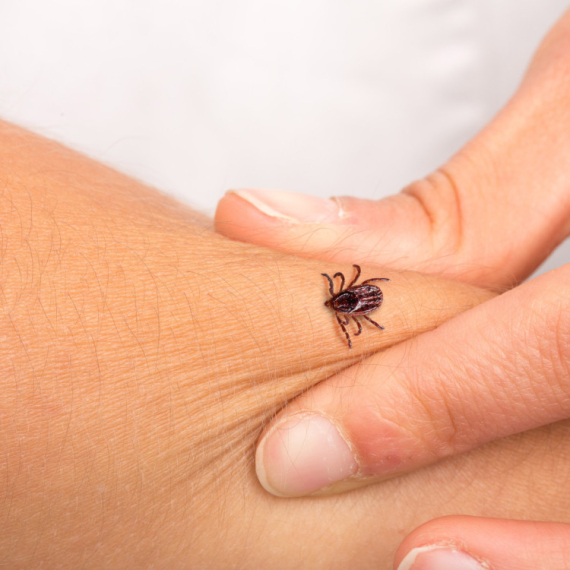
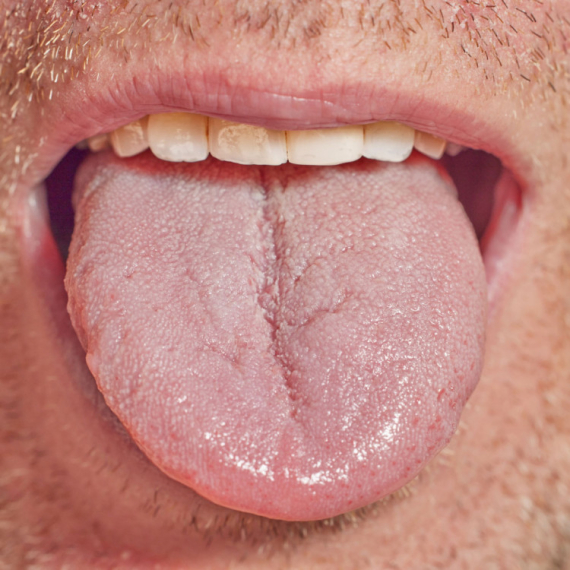























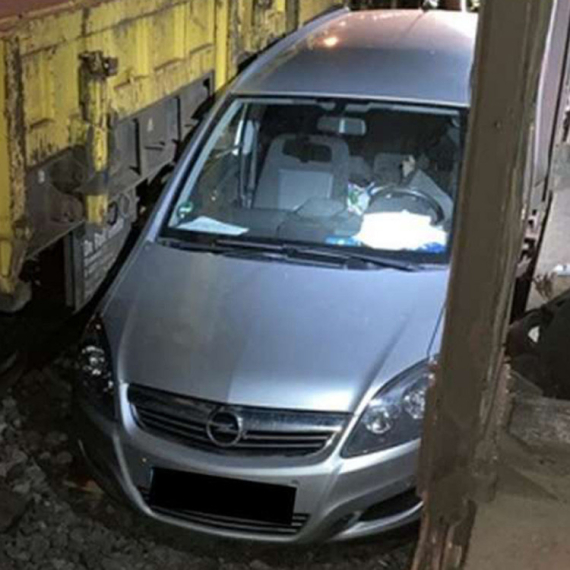


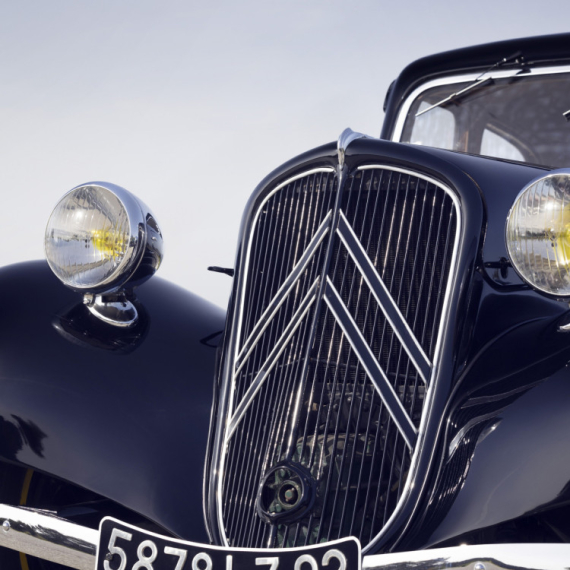


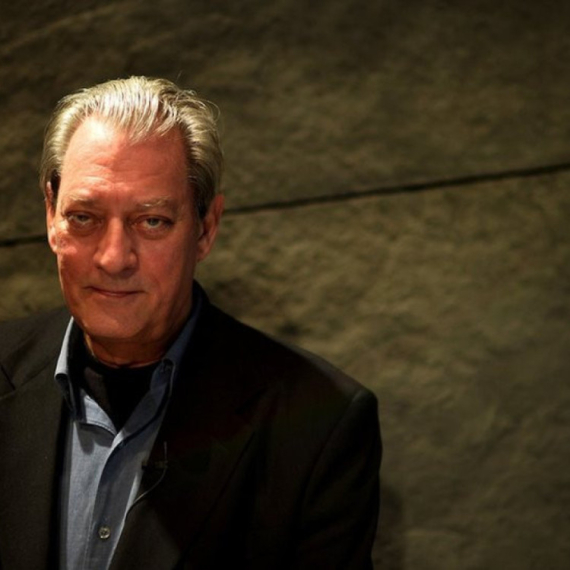
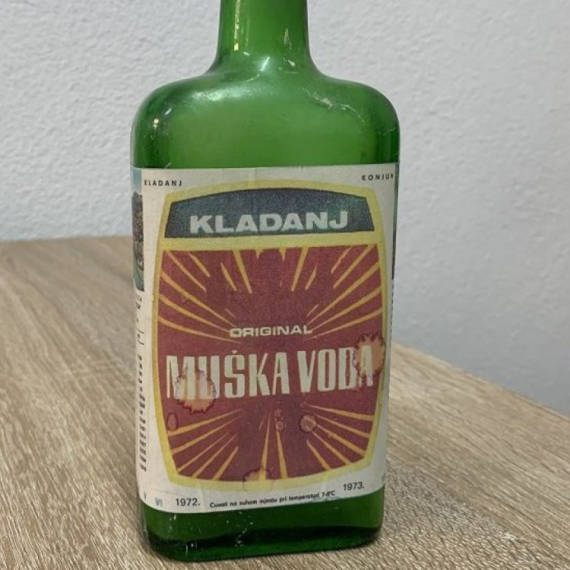
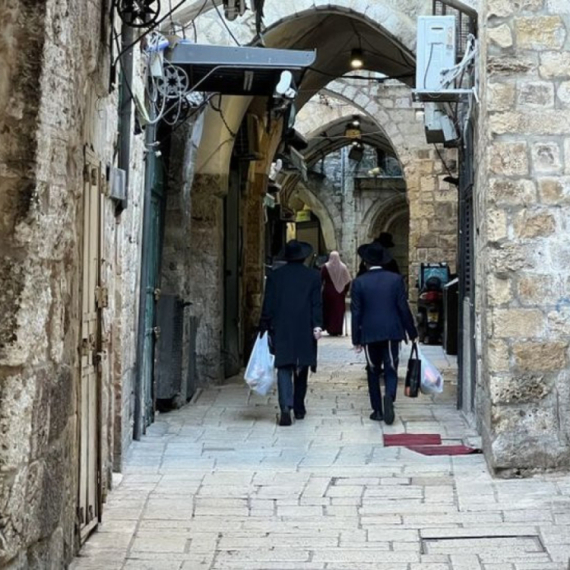

Komentari 10
Pogledaj komentare